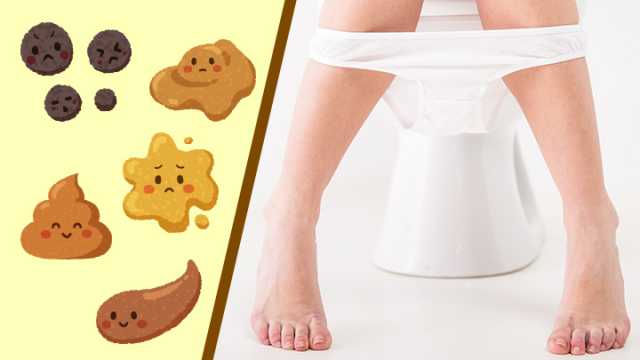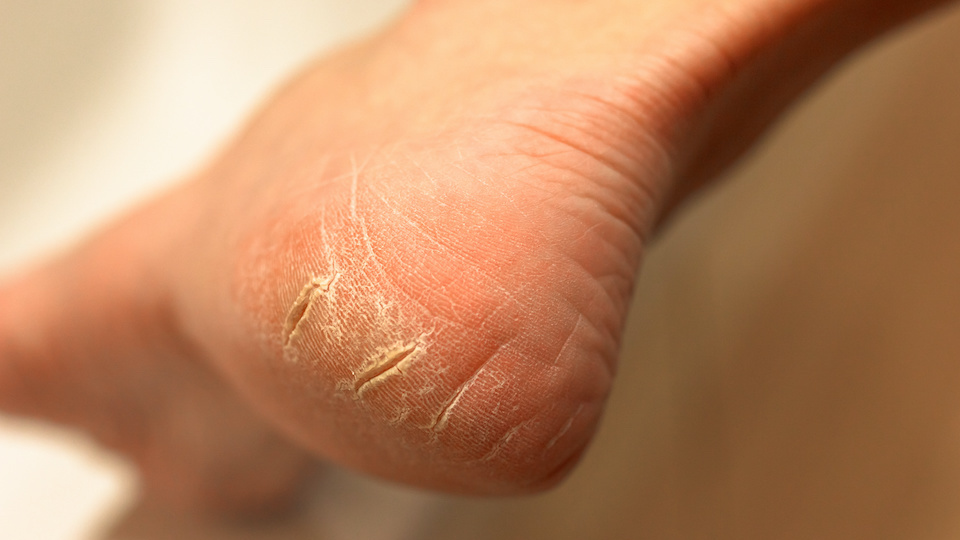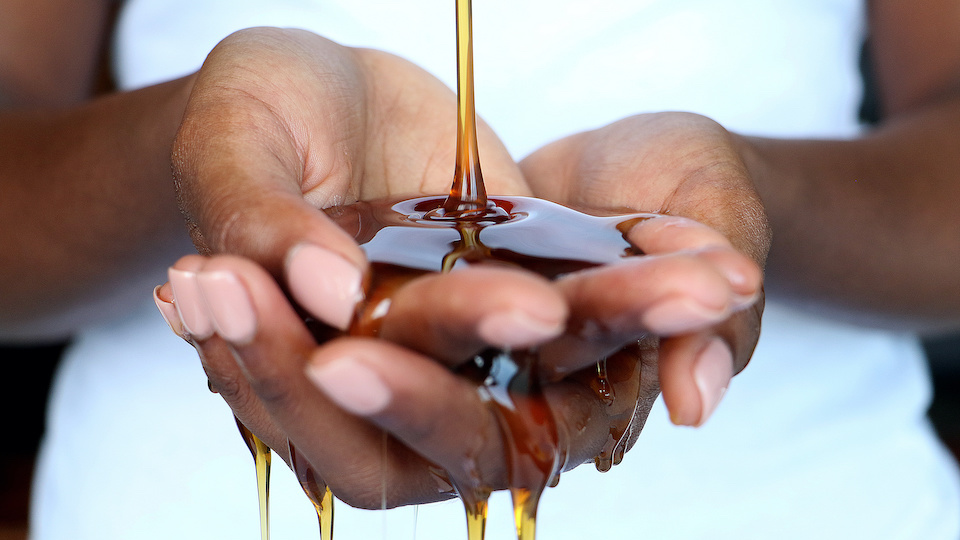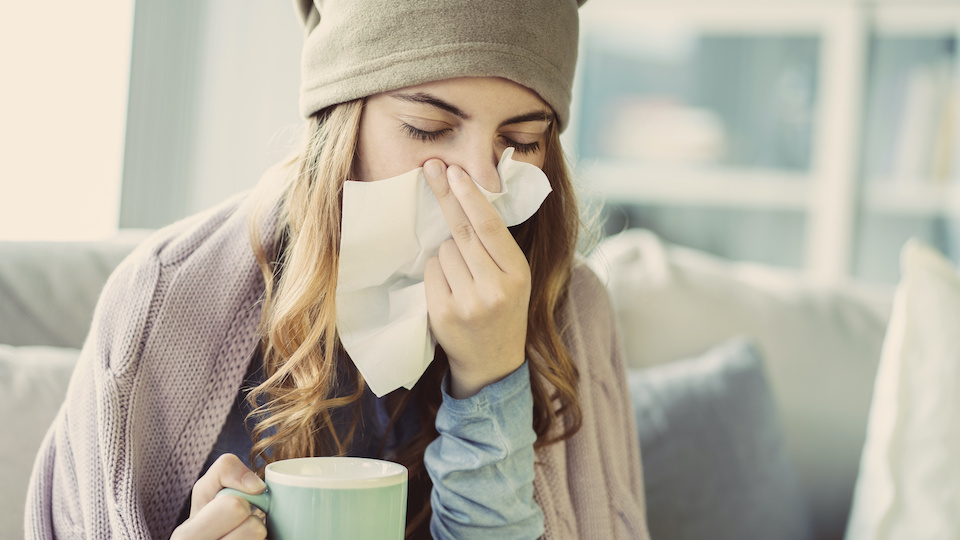Here’s some medical news that I hope doesn’t raise your blood pressure through the roof. The American Heart Association has just lowered the threshold for for the diagnosis of hypertension. The AHA changed the cutoff for normal blood pressure from 140/90 to 130/80, and in that one fell swoop, 46 percent of Americans now meet the standard for having hypertension.
Should You Be Worried About the New Blood Pressure Guidelines?
I’m going to recommend you take this development with a grain of salt (if you’ll forgive the pun). To be clear, high blood pressure is a real problem that carries real risk, and the AHA’s new 192-page guideline has undoubtedly identified some troubling blood pressure trends. But, there are also reasons to be skeptical about headlines reporting an overnight revision of long-established medical guidelines. Let’s look at the real issues here, and what they mean for your health.
First off, Americans should be more cognizant of high-blood pressure because it is an important risk factor associated with cardiovascular disease. Too many people are consuming way too much processed food, which is helping fuel an epidemic of obesity. When you are heavier than you should be, your heart heart has to worker harder, which raises your blood pressure. Would you believe that 70 percent of the population is now overweight?
Processed food also contains far too much sodium, which doesn’t help your blood pressure, either. To make matters worse, 7 out of 10 Americans say they feel at least fairly stressed nearly every day. There a lot of evidence that fight-or-flight hormones like cortisol can damage blood vessels if the stress is chronic enough. Again, this is not good for blood pressure or your cardiovascular health.
Hypertension Can Be Managed Naturally
The good news is that things like high blood pressure and stress can be managed naturally through diet, exercise, and other lifestyle changes. Studies show that the DASH diet is very effective in helping people lower their blood pressure. And there’s overwhelming evidence that regular activities — walking, dancing, and swimming (to name just a few) — improve the efficiency of your heart. No wonder 30 minutes of consistent exercise every day is at least as effective as blood pressure medications when it comes to lowering hypertension (but without the adverse side effects).
Why Cardiovascular Health Requires a Holistic Perspective
Elevated blood pressure is most definitely an important risk factor… But I want to caution and remind you that is is just one of many different factors that increase cardiovascular risk. People need to consider cardiovascular disease in its totality instead of focusing on singular, isolated risk factors. Just because you’ve managed to control your blood pressure through medication doesn’t mean you can breathe easy about your cardiovascular health. High cholesterol, chronic stress, diabetes, poor diet, smoking, and a sedentary lifestyle are just a few of the other risk factors that can help trigger a heart attack or a stroke. Using medication to focus on just one of these factors is not enough to protect you against cardiovascular disease.
And by the way, the risk of death from cardiovascular disease is very real. It is still the leading cause of death in the US, and kills more than 600,000 people every year. To make matters worse, the first symptom that many of them experience is… sudden death. That’s why it is so important to approach cardiac health from a comprehensive, holistic point of view that takes all possible risk factors into account. That means:
- Maintaining a healthy weight. Obesity is a major risk factor for heart disease, and a whole range of other chronic illnesses.
- Not smoking. The nicotine in tobacco constricts your blood vessels, and the carbon dioxide in the smoke damages the lining of your blood vessels. Cigarettes remain one of the most potent triggers for heart disease, and smoking is a totally “modifiable” risk factor. That means… if you smoke, stop.
- Eating a plant-based diet. The landmark Lyon Diet Heart Study found that a Mediterranean-style diet reduced heart attacks and deaths by 70% compared to a traditional American diet.
- Managing chronic stress through exercise, meditation, and proper rest. Chronic stress tends to promote inflammation and increased blood pressure, which can instigate or aggravate atherosclerosis. Unless it is managed properly, stress can prompt many people to engage in unhealthy habits such as overeating or drug and alcohol use.
- Getting at least 30 minutes of activity every day. Exercise strengthens the heart muscle and helps manage blood glucose levels, all while alleviating stress.
- Avoiding excessive alcohol or caffeine. Drinking too much alcohol raises your blood pressure and can weaken the heart muscle, which can lead to cardiomyopathy.
Takeaway
We in the medical community have invested massive amounts of time and energy in identifying the risk factors associated with cardiovascular disease. It’s very important to be aware of the things that contribute to heart disease. Some of these are beyond your control (your age, sex, and genes). But you can do something about most of the risks by eating better, exercising, and managing stress.
Mainstream medicine misses the “big picture” in the way it over-invests in trying to treat single risk factors. When an organization like the AHA revises guidelines overnight, I fear that it is an effort that will lull a lot of people into pharmaceutical interventions that make more sense for drug makers than for patients.
If you want to improve your cardiovascular health, then I highly recommend that you take a holistic approach that addresses all the risk factors that contribute to heart disease. For most people, that means a better diet, more exercise, and improved methods of coping with stress. Taken together, these moves will help get all your vital signs moving in the right direction.
Be well,
Dr. Josh









